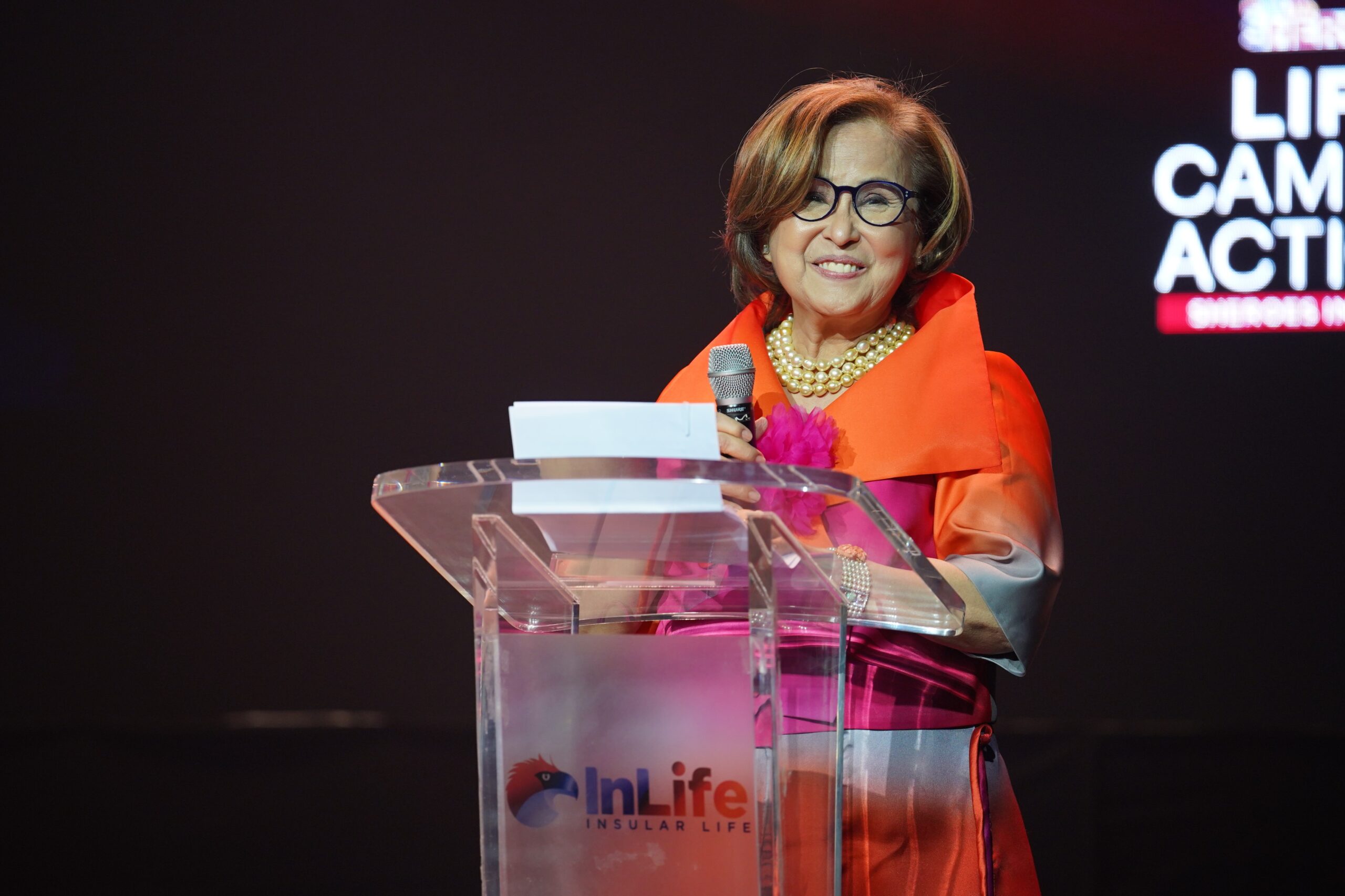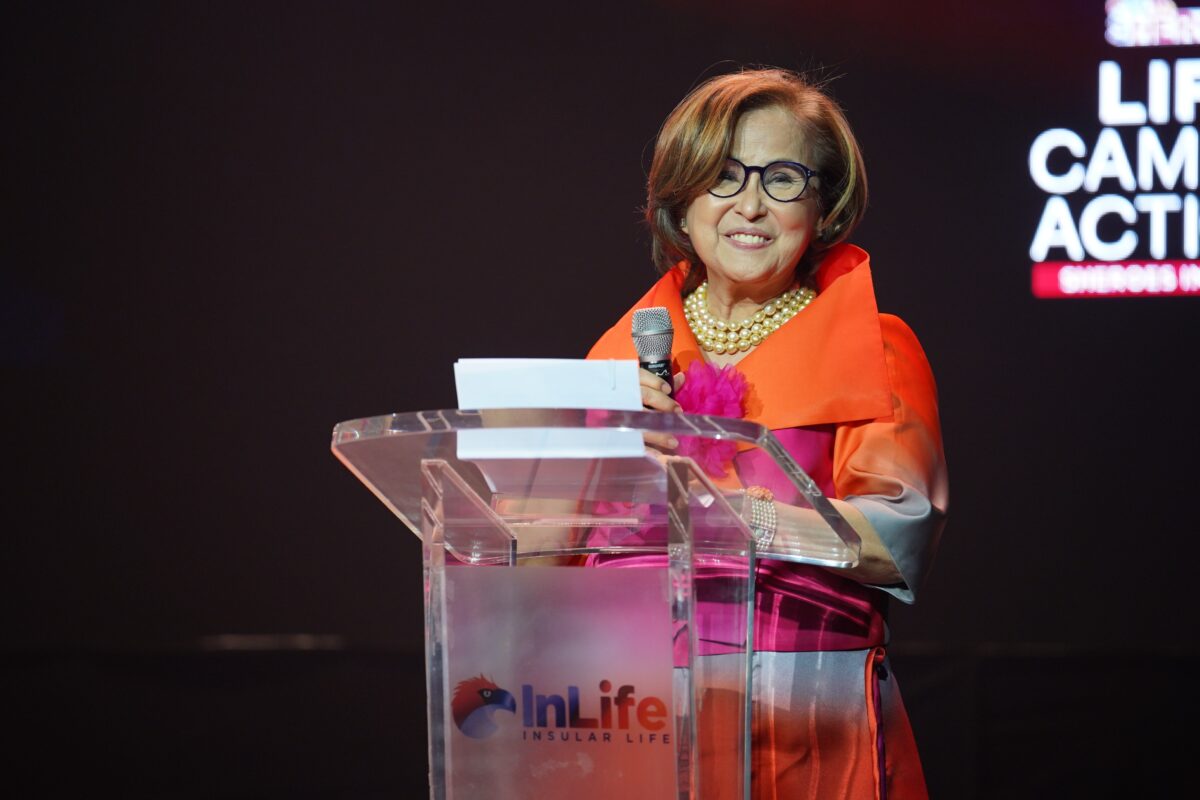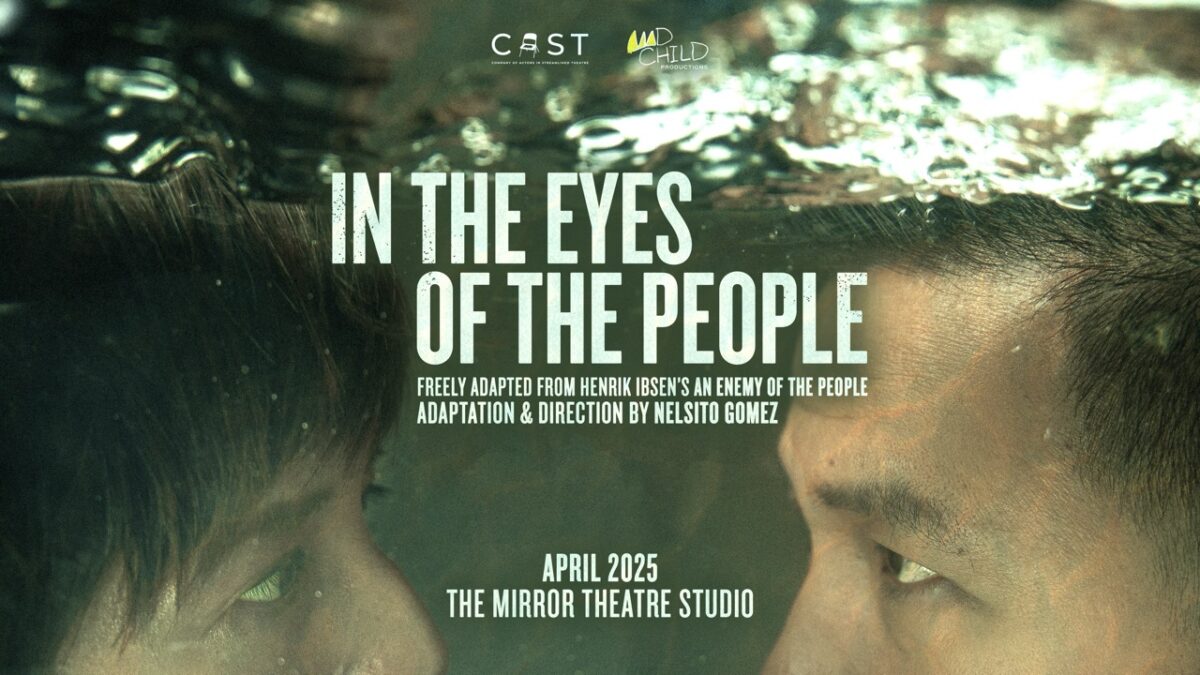
The founder of the quirky, brilliant publisher McSweeney’s, Eggers first gained fame for his 2000 memoir, “A Heartbreaking Work of Staggering Genius” and has since written about hot-button issues, such as Hurricane Katrina (2011’s “Zeitoun” (2011), and the dangers of doing business in Saudi Arabia (2012’s “A Hologram for the King”).
The hot-button issue he is writing about in this, his ninth book, is the encroachment of technology in every aspect of our daily lives. He’s not just talking about CCTV cameras or GPS devices. “The Circle” talks about much more than that.
Mae Holland is a disaffected cubicle dweller who lands a dream job, working at The Circle, an all-reaching technology company that is pretty much a mash-up of Google, Facebook and Apple, down to the insanely well-furnished campus and the self-affirming slogans, but with a Wikileaks complex.
“Everyone at the Circle there had been chosen, and thus the gene pool was extraordinary, the brainpower phenomenal. It was a place where everyone endeavored, constantly and passionately, to improve themselves, each other, share their knowledge, disseminate it to the world.”
As the Circle eats more companies, becomes bigger and offers up groundbreaking new technology, Mae finds herself swiftly ascending the corporate ladder, enthralled by information-full paradise that the Circle offers as a vision of what the future should be like.
Along the way, she deals with the push-and-pull of her old friend Annie, a colleague and soon a rival at the Circle. She deals with her elderly parents, particularly her father, a proud man now enfeebled by Multiple Sclerosis and a lack of proper medical insurance. There is Mae’s ex-boyfriend Mercer, who distrusts the Circle and a mysterious man at the Circle named Kalden, whom Mae falls for but cannot find.
Most of all, “The Circle” presents the ever-growing organism that is the Circle—the company—which soon grafts itself into all nooks and crannies of Mae’s life—just in time to see her become a worldwide sensation, the face of a nice age. That age is a time when the Internet and personal technology allows big companies to watch and connect all the people—even those who don’t want to be connected. While some see the Circle’s moving toward something called Completion as inspiring, others see it as ominous.
Inverted zone
Mercer pretty much echoes that sentiment when he says “it seems to me sometimes I’ve entered some inverted zone, some mirror world where the dorkiest s__t in the world is completely dominant. The world has dorkified itself.” But events soon him, and he says “it’s already gone too far.” This is one of many, many mini-speeches that populate “The Circle,” and if you don’t like characters speaking their minds lengthily, get out now—if you can.
You see, Eggers adroitly spends the first half of “The Circle” impressing the reader with the reach and potential of the Circle, but then he begins to pull back the curtain bit by bit, and “The Circle” takes a seamlessly dark turn. The truly scary thing is that some readers may not see that shift because they have fallen into the same trap that Mae has. “Secrets are lies,” the Circle states. “Privacy is theft.” As the novel launches toward its last chapter, the reader wonders if Mae—and those who agree with her views—can be saved. Unless you don’t they should be saved, of course. Do you choose the “chaos of an orderless world” or “the unavoidable future.”
This divisive dilemma is the sharp heart of “The Circle,” Eggers’ boldly observant and self-aware new novel about the menace of multi-tasking, the tyranny of multiple screens, the relentless fury of feedback. Love it or hate, we’re almost there, a wired world of, in Circle parlance, zings, smiles and frowns, where love and hate can be sent at the touch of a button.
Available in hardcover at National Book Store.














































